* 66 F. high temperature in the Twin Cities Sunday, a new record for March 11.
61 F. old record high for March 11, set in 1902. That's 2 record highs in a row for the metro area.
39 F. average high in the Twin Cities for March 11.
43 F. high temperature a year ago, March 11, 2011, when 1/2" snow fell. We had 9" on the ground 1 year ago.
Sunday Records:
66 F. Eau Claire, Wisconsin.
69 F. Glasgow, Montana.
72 F. Bismarck, North Dakota.
74 F. Pierre, South Dakota.
Typical - For May. Today will be the coolest day of the week, the result of clouds and rain showers. We should climb back into the 60s tomorrow, near 70 Wednesday. The ECMWF model (above, in Celsius) shows highs near 70 Saturday and Sunday, possibly surging into the low to mid 70s next Monday and Tuesday.
Models Agree: We've Skipped 2 Months. If we don't have any foggy complications Wednesday will probably be the first 70-degree day of 2012. The models above aren't trending as warm as the ECMWF, but I suspect the trend will be toward warmer readings with each computer run. Bottom line: it's going to be unusually mild - more records are likely.
"
The acronym is DUCK – short for: Down to the lowest level; Under something sturdy; Cover your head; and Keep in the shelter until the storm has passed, said state climatologist for Kansas, Mary Knapp." - details below.
10-20X. Residents of mobile homes are 10 to 20 times more likely to be killed in a trailer than in a conventional home, according to NSSL. Details in a USA Today article below.
"
Creativity is the residue of time wasted." - Albert Einstein.
"
Creativity is just connecting things..." - Steve Jobs.
March: Colorectal Cancer Awareness Month. Colon cancer is the second leading cause of cancer-related deaths. An estimated 60% of colon cancer cases can be successfully treated, if caught early, according to the
CDC, The Center for Disease Control in Atlanta. If you're over the age of 50 you should have regular colon cancer screenings.
Flood Safety Awareness Week. Another sign of spring - this is
Flood Safety Awareness Week in Minnesota. More information from the National Weather Service here. "
TADD" stands for Turn Around, Don't Drown. Nearly half of all flash flood related deaths occur in vehicles, at night, when it's impossible to estimate how deep moving water is. Less than 2 feet of rapidly-moving water can turn your vehicle into a boat, with potentially tragic consequences.
Today: Rare Puddles. I'm not quite as impressed with today's "storm". The local NWS office is predicting about .36", a few other models printing out as much as .50 to .60". I'll be surprised if we see that much rain. The dreaded "dry tongue" pushes into Minnesota, cutting off showers fairly quickly today.
Soggy Swirl. The 00z NAM brings a quick surge of rain into Minnesota today, which will accelerate snow melt over central and northern Minnesota, I fear. After that expect dry weather Tuesday into Saturday, with temperatures 20-40 degrees above average.
A Bugged Life: Warm Winter Could Mean More Insects.
The Washington Post has the story: "
This eerily warm winter might soon get creepy. "Awakened from hibernation underground, in rotting wood and the cracks of your house, bugs are on the rise. Ants, termites, mosquitoes, ladybugs and ticks are up early and looking for breakfast. Orkin, the pest control company, recently said its agents nationwide are reporting a 30 percent increase in calls to treat ant infestations compared with this time last year. Termite swarms do not normally show up until the end of March, but Orkin received 85 termite-control calls in February."
Photo credit above: "
Linda Davidson/THE WASHINGTON POST - A honeybee cleans its legs atop of a hive in Maryland in November."
Tornado Deaths Raise New Questions About Mobile Home Safety. Some important information from
USA Today: "
In fact, two-thirds of the 34 people killed in the catastrophic March 2 tornadoes in Kentucky and Indiana died in mobile homes — even though such housing makes up just 14% of the housing in Kentucky and 6% in Indiana. Sixteen people in Kentucky and eight in Indiana died as their mobile homes were rolled, flipped, flattened or obliterated by twisters with winds that in some areas exceeded 175 mph. Experts on severe weather say the disproportionate death toll in mobile and manufactured housing isn't surprising: The National Severe Storm Center has found that occupants of such dwellings, which are lighter and less well anchored, are 10 to 20 times more likely to be killed in tornadoes than those in conventional homes."
Photo credit above: "
Aftermath of the March 2 tornado outbreak in Henryville, Indiana. Photo: Pat McDonogh, Gannett."
"D.U.C.K." Is New Watchword For When Storms Loom. It's memorable - it might just work. Details from
cattlenetwork.com: "
MANHATTAN, Kan. - The National Weather Service has a new acronym to remind children and adults alike that there are key safety rules during severe storms – especially those that might lead to tornadoes. The acronym is DUCK – short for: Down to the lowest level; Under something sturdy; Cover your head; and Keep in the shelter until the storm has passed, said state climatologist for Kansas, Mary Knapp. “These simple phrases can be a quick reminder for anyone of their safety plan during the chaos of a storm,” said Knapp, who directs the Kansas Weather Data Library, based at Kansas State University. She is a K-State delegate to the Extension Disaster Education Network www.eden.lsu.edu."
Before The Next Storm Hits, Make Us Safer. There is an urgent need to tighten and strengthen America's building codes, to make homes and offices more tornado and hurricane proof. Joseph Myers has an Op-Ed at
IndyStar.com: "
The tornadoes that swept through Indiana, Ohio, Kentucky, Alabama and Georgia marked an early and deadly start to the tornado season in 2012. According to the National Weather Service, there have been 152 tornadoes through March 1, which is 30 percent higher than the average over the past six years. Mother Nature is sending us a message, and it's time for our lawmakers in Congress to respond with a national strategy that will make our communities safer from natural disasters. One of the smartest and most effective steps Congress could take would be to provide states with incentives to adopt statewide, model building codes. Strong building codes are widely accepted in the emergency management community as being our best first line of defense against tornadoes, hurricanes, earthquakes, flooding and other weather-induced disasters."
Homeowners Discover The Have Much Less Insurance Protection Than They Used To. The story from the
Pittsburgh Post Gazette: "As the weather catastrophes keep coming, home insurance companies are trying to manage their risk by raising deductibles and capping the amount they pay if a home is damaged or destroyed by storms. A recent study by the Consumer Federation of America found that insurance companies have for years been shifting the cost of weather catastrophes to policyholders -- and ultimately to taxpayers when homeowners without enough money to help themselves need more federal assistance. "People with home insurance policies have much less protection than they used to, and many are surprised they don't get as much damage paid for as they expected," said Bob Hunter, director of insurance at the Consumer Federation in Washington, D.C.
Paul's Stuff. O.K. I'm taking a 1 day break from "Paul's Links" to list some of the tech I rely on every day. I've had a few questions over the last few months: "what cameras do you recommend?" "what computer do you rely on" "what magazines do you read to get ideas?" et etc. I don't pretend to have the answer key here - this is all wildly subjective, it's a matter of preference, but, for better or worse, these are the gadgets (productivity tools) and media sources I depend on every day.
Smartphone: iPhone 4S. I've tried Android, in fact I walked around with an iPhone in one pants pocket and an Android in the other, until my wife caught on and shut me down. I liked Android, but found the app marketplace a muddled mess; lot's of spam and one-man companies ripping off other established brands to make a buck. I get the idea of "no gate-keeper", but say what you will about Apple, no junk gets into the iTunes Store. I use a special case from
Splash, that not only protects the iPhone, but doubles the battery life. I've never run out of juice - I can go 2-3 days without having to charge up. Splash image (upper right) courtesy of
kaboodle.com.
Computers. I use a
Sony Vaio laptop (1 terrabyte drive) for day to day stuff. It's a long story - I know I should be using a Mac, but many of the Doppler radar programs I use only run on Windows, and I don't have the energy to mess around with emulation mode. Yes, I know I could use a Mac. I have an
iMac at home for photos and videos, and my iPad 2 comes in very handy when I'm traveling. We even use them in the studio to display certain apps/content on the air.
Geek-Secret: Micro Center. I have no qualms with Best Buy, but I was in tech-heaven when I walked into the Micro Center in St. Louis Park. Not only did they find me the laptop I needed (a Sony Vaio), but they were able to easily upgrade my hard drive to 1 TB. Friendly, fast service, great support options, I was genuinely impressed. they have any and all accessories - this is where the serious gamers go to find the gear they need. If you're looking for a new (or gently used) computer you can't do any better than Micro Center.
Favorite Cameras. I have a very serious camera addiction. It's one of many personal problems. I read a review, and I start calculating whether this is The One. "Just think of the amazing family memories, honey?" My wife, Laurie, just rolls her eyes. The Holy Grail is a great camera with a decent zoom lense that I can jam into my jeans when I'm traveling. The best camera is the one you have on you, all the time, right? For raw horsepower and resolution I turn to my
Nikon D3S, with an 18-105 mm lens, which is good for most purposes: landscapes and portraits. It takes amazing shots, but it's a weapon. By the end of the day, with that thing dangling from my neck, I look and feel like a hunchback. I'm a huge fan of the Panasonic
Lumix GX1, a micro-four-third's camera with a big sensor and a 14-140 lens. You have a seemingly infinite range of creative shot modes, it's easy to use, and the pics look great. For my pocketable camera I turn to my
Sony Cybershot G camera, which captures 1080p video as well as great stills. But I have to be honest, the pictures I get from my
iPhone 4S are good enough for most uses, and since I keep it in my pocket 18 hours/day, an increasing number of pics in my iPhone Library are from my iPhone.
TV/DVR. I have (basic) cable throughout the house, but the family room we struggle for the
DirecTV remote control. I think there's a lot you could learn about someone by analyzing their TV viewing habits, which shows they gravitate to. Yes, there is occasional "rain fade" during an especially heavy T-storm, but I really like DirecTV. One of the deciding factors: Sunday Ticket; the ability to watch every NFL game tipped me over.
Amazon My Life. True confession: I would be lost without Amazon. From tech to books to favorite cereal (go ahead, laugh away) I rely on Amazon. In 16 years of using Amazon I've only had one damaged item; they credited my account within 72 hours. I recommend spending a little more for Amazon Prime, which insures free shipping, and gives you access to thousands of TV shows and movies, on demand.
Apple TV. It may be the best $99 I ever spent. Not only can I access Netflix via Apple TV, I can see new(er) movies and TV episodes on iTunes, and watch home movies streamed from my iMac upstairs. There's a lot here to like.
Favorite Shows. Please don't judge me. Let whoever is without sin cast the first stone, right? I watch a lot of CNN, a little Fox News (prefer Shepard Smith). I'm a big fan of Fareed Zakaria 360 on CNN - he takes an unblinking look at the world and seems to have a firm grasp on reality. Other favorites: Mad Men, Modern Family, Shameless on Showtime (which I don't watch with my mom), Sunday Morning on CBS and The Walking Dead, which is extraordinary. Oh, the shame.. I'm a fan of Channel 2's Almanac, also Frontline and Nova on PBS. My wife watches Downton Abbey - I pretend not to watch. Uh huh.
Favorite Newspapers. I know everything is available online, but (call me an old fuddy-duddy Luddite) I still like thumbing through the dead-tree editions. It's much easier to find the stories that grab your interest. No day would be complete without the New York Times, the Wall Street Journal, and yes, the Star Tribune, for any and all local/regional news.
Favorite Magazines. Again, I have a number of these publications on my iPad, but it's still nice having the feel of print between my fingers. I'm a big fan of Bloomberg BusinessWeek, which does a commendable job of covering the news of the week, but drilling down deep into important stories. Fortune is a must-read; especially if you run a business or hope to run a company someday - reading it from cover to cover I invariably stumble upon a story that sparks a flurry of creativity. For global news and insight you can't do any better than The Economist, and any true tech-head should have a subscription to Wired. I get Motor Trend and Car and Driver, but Automobile is a favorite too. There - more than you ever wanted to know. Now all I need is another 8 hours every day to stay current on everything.
Favorite Dog. That would be Leo, our 10-month old Cavalier King Charles Spaniel. Our beloved dog of 15 years, Max, passes away last May. A couple months later we brought Leo into our lives, who is a distant relative of Max. He's a great dog, loves to fetch - we're taking him to Doggie Obedience School. I fear I'm next.
Another Day, Another Record. Sunday temperatures were 25-30 degrees above average across much of Minnesota, 60-degree warmth as far north as International Falls. Amazing. Highs ranged from 50 at Grand Marais (cold wind off Lake Superior) to 59 Alexandria, 61 St. Cloud, 66 in the Twin Cities (67 in downtown St. Paul). Typical weather for the
first week of May.
Photo courtesy of the EPA.
Paul's Conservation Minnesota Outlook for the Twin Cities and all of Minnesota:
TODAY: Rain showers likely. Winds: SW 10-15. High: 56
MONDAY NIGHT: Lingering clouds, patchy fog possible. Low: 40
TUESDAY: Mild sun returns. Remarkable. High: 63
WEDNESDAY: Lukewarm. Spring Fever Flu? Not much work/study will get done. Low: 50. high: near 70
THURSDAY: Mix of clouds and sun, "cooler". Low: 52. High: 66
FRIDAY: Partly sunny. Stay off the ice! Low: 53. High: 70
ST. PATRICK'S DAY: Intervals of warm sun. Nicer day of the weekend. Low: 54. High: 71
SUNDAY: Humid. Isolated T-shower? Amazing. Low: 53. high: 70
Meteorological APB
An All Points Bulletin is out for March and April. They're missing. Suspects include the Arctic Oscillation (mysterious blocking pattern that keeps our winds howling from the Pacific), La Nina (cold stain in the Pacific that correlates with colder weather for Minnesota - never mind) and Al Gore. We have few leads right now.
We've issued a Bike Advisory, Convertible Watch, and a Doggie Yard Bomb Warning. Be careful out there.
Talk about a disconnect. I'm sitting here, sweating over a hot laptop, wearing a Tommy Bahama shirt and shorts, burgers sizzling on the grill, staring out at a blue-gray lake, wondering what happened to March? In a potentially reckless move I stashed my sweatshirts and long-sleeve wool stuff into cold storage.
We'll see more cold fronts alright, but I don't see any sub-freezing weather through late March. Amazing. We may hit 70 Wednesday, again next weekend; mid 70s a week from now?
Instead of tracking big, slushy March Tournament Storms we're worried about drought, low lake-water levels, and scattered brushfires.
The GFS model prints out over 2" rain around March 21. I hope the GFS is right. The premature warmth is a revelation, but we need moisture!
Climate Stories...
Greenland's Ice Cap May Be More Sensitive To Global Warming Than Estimated. The story from
Bloomberg: "
Greenland’s ice sheet is more sensitive to global warming than previously thought and may already be approaching a critical threshold, researchers in Spain and Germany found. The ice sheet may lose its ability to grow once warming reaches 1.6 degrees Celsius (2.9 degrees Fahrenheit) since pre- industrial times, according to a study published yesterday in Nature Climate Change. That’s below the previous best estimate of 3.1 degrees, the scientists at Madrid’s Complutense University and Germany’s Potsdam Institute for Climate Impact Research found."
Photo credit above: "
Vibrant reds, emerald greens, brilliant whites, and pastel blues adorn this view of the area surrounding the Jakobshavn Glacier on the western coast of Greenland. Image by NASA/GSFC/LaRC/JPL, MISR Team."
Greenland Ice Sheet May Melt Completely With 1.6 Degrees Global Warming.
Science Codex has more details: "
The Greenland ice sheet is likely to be more vulnerable to global warming than previously thought. The temperature threshold for melting the ice sheet completely is in the range of 0.8 to 3.2 degrees Celsius global warming, with a best estimate of 1.6 degrees above pre-industrial levels, shows a new study by scientists from the Potsdam Institute for Climate Impact Research (PIK) and the Universidad Complutense de Madrid. Today, already 0.8 degrees global warming has been observed. Substantial melting of land ice could contribute to long-term sea-level rise of several meters and therefore it potentially affects the lives of many millions of people."
Experts Predict Surge In Floods. The story from Australia's
Sydney Morning Herald: "
SPORTS fields, car parks and parklands will be important assets; houses will have walls that open, and some people might need to lose their water views to prepare for bigger, more frequent floods due to global warming, according to experts contacted by the Herald. As global temperatures rise, short storm bursts will increase in frequency and severity, resulting in more flash flooding, especially in urban areas. But the outlook for longer periods of extreme rain, such as those that caused the flooding of the Darling, Lachlan and Murrumbidgee rivers, and which made the Warragamba Dam overflow this year, is less certain."
Photo credit above: "
Flood-proofing solutions are needed to face global warming: scientists. Photo: AFP/Queensland Police Service."
Groups Muddying The Waters Of Global Warming Science. The story from
The Sudbury Star: "
Let's suppose the world's legitimate scientific institutions and academies, climate scientists, and most of the world's governments are wrong. Maybe, as some people have argued, they're involved in a massive conspiracy to impose a socialist world order. Maybe the money's just too damn good. It doesn't matter. Let's just imagine they're wrong, and that the polar ice caps aren't melting and the climate isn't changing. Or, if you prefer, that it's happening, but that it's a natural occurrence -- nothing to do with seven billion people spewing carbon dioxide and other pollutants into the atmosphere. Would it still make sense to continue rapidly burning the world's diminishing supply of fossil fuels? Does it mean we shouldn't worry about pollution? We could pretend global warming isn't happening, or that humans aren't a factor if it is. That would be crazy in the face of overwhelming evidence to the contrary, but even if it weren't, there would still be no reason to continue down the road we're on."
GM Under A Global Warming Cloud.
The Sacramento Bee has more details: "
WASHINGTON – General Motors, a company that has made strides to lower the carbon footprint of driving, is taking heat from 10,000 of its customers for a donation its charitable foundation made to an institute that casts doubt on climate science.GM vehicle buyers have posted online comments objecting to the GM Foundation's gifts of $30,000 in the past two years to the Heartland Institute, a free-market advocacy organization that publicizes its disagreement with prevailing scientific views about evidence of climate change. "I love Buicks and Cadillacs! My husband loves his pickup. We've been GM owners for 50 years. If GM continues to support the Heartland Institute, we will NOT purchase another GM vehicle," wrote Elaine of Blue Ridge, Ga. Her comments were among dozens posted by Forecast the Facts, a group that advocates for accurate climate reporting by meteorologists." Photo courtesy of AP.
Read more here: http://www.sacbee.com/2012/03/11/4326501/gm-under-a-global-warming-cloud.html#storylink=cpy
An Insurance Policy For Climate Change? The article from
The Journal Record; here's an excerpt: "
California, New York and Washington have all announced that they will require insurance companies to respond to a survey that studies the risk of climate changes to the insurers within their respective states. The insurance commissioners in these three states have formed a 12-question survey. With this survey, they hope to understand the financial risk to the nearly $300 million in policies governed by the three states nationwide and their potential susceptibility to climate change impacts. Prudent decision makers must consider all potential effects. It appears these insurance policy regulators are attempting to quantify what risk, if any, climate effects are having on the validity of policies being written. The Columbia Law School has published some of the questions on the survey. They include the following:
• Does the company have a plan to assess, reduce or mitigate its emissions in its operations or organizations?"

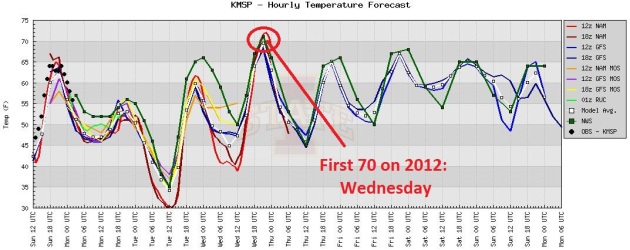
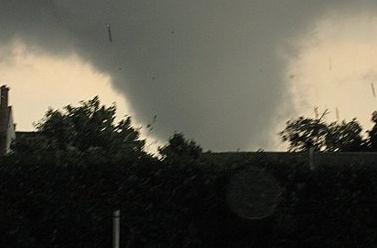


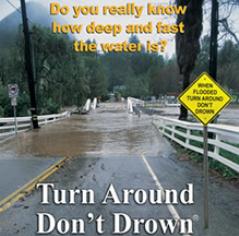
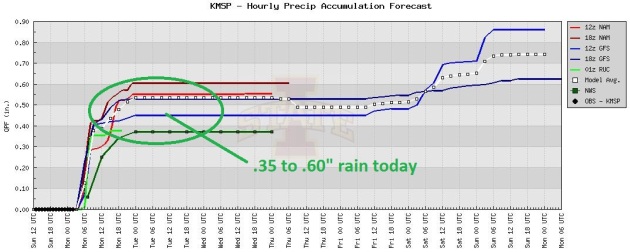
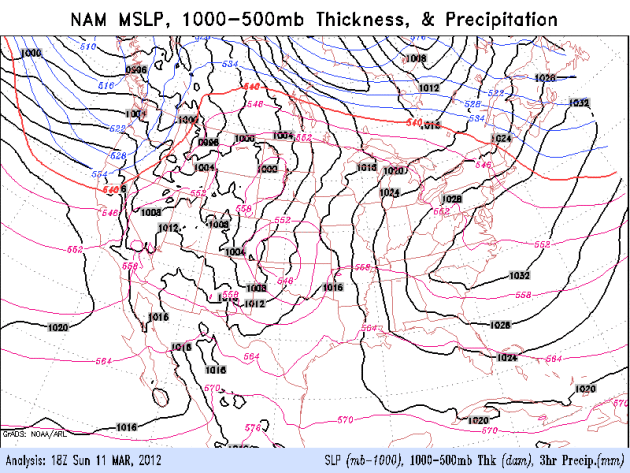

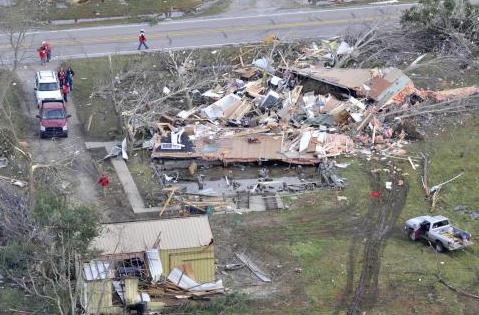
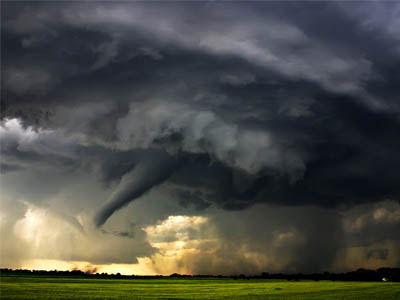
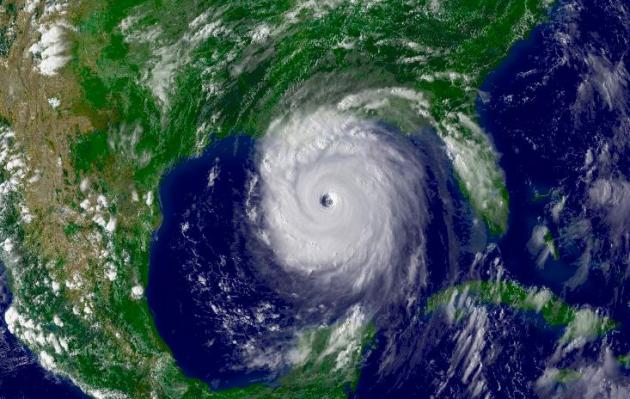
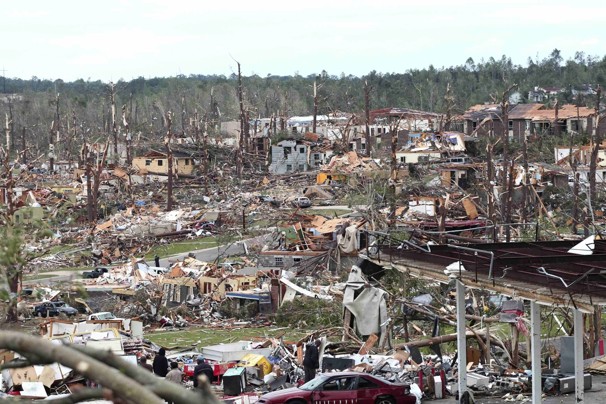
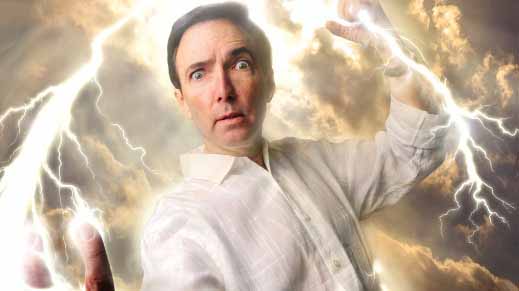








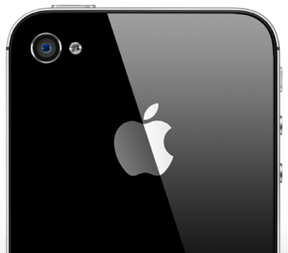

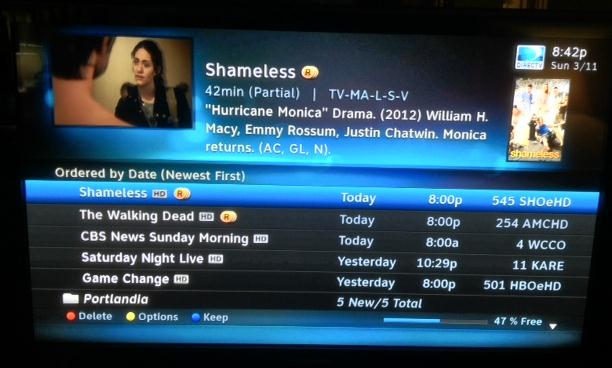



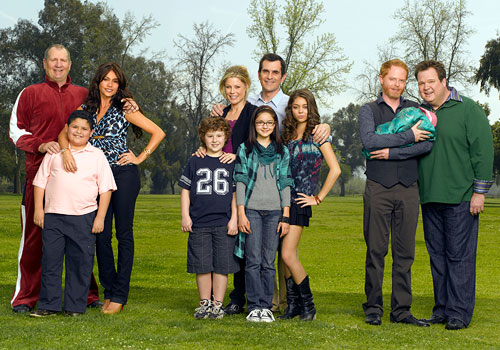

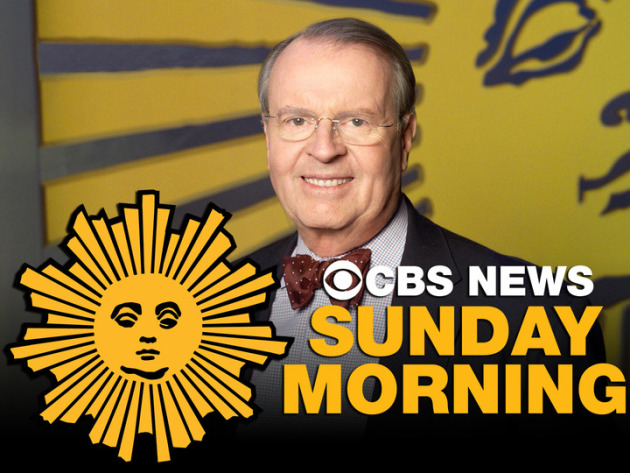
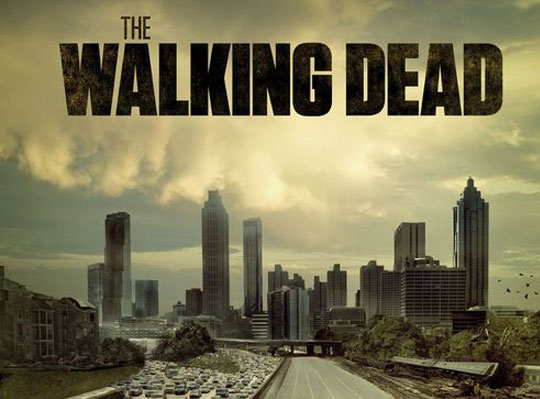


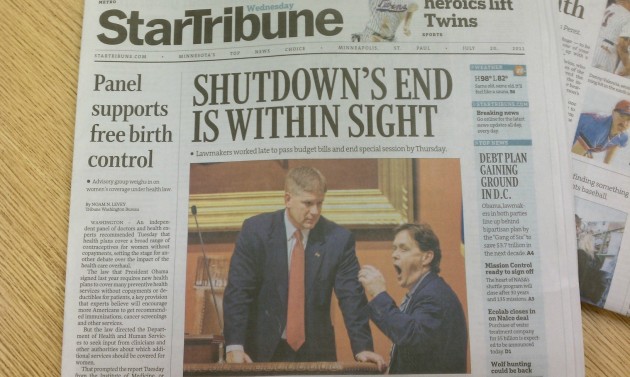
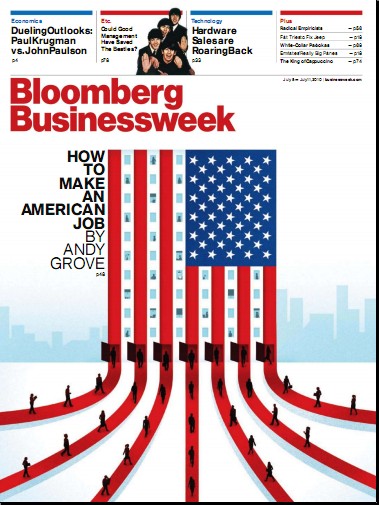

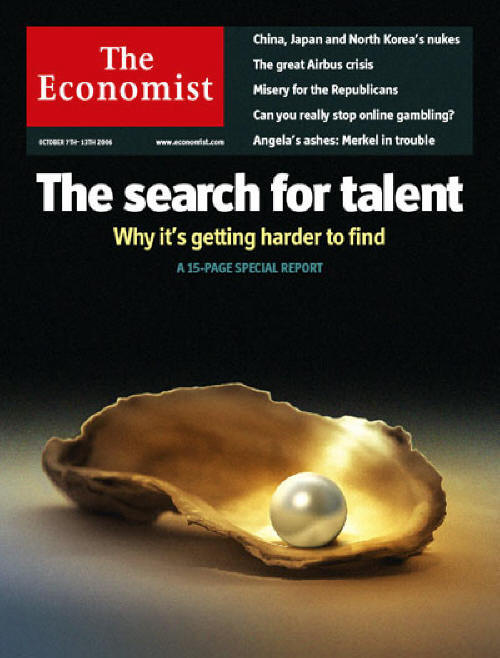

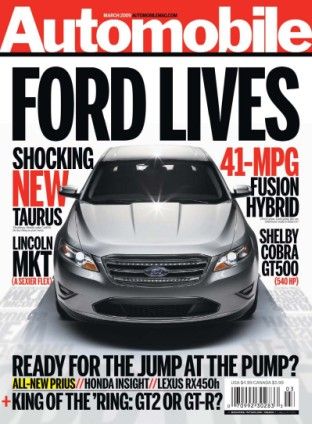





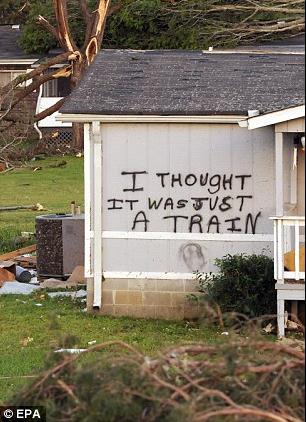
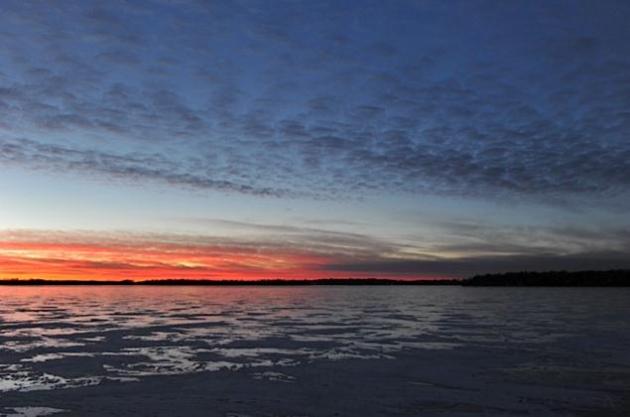
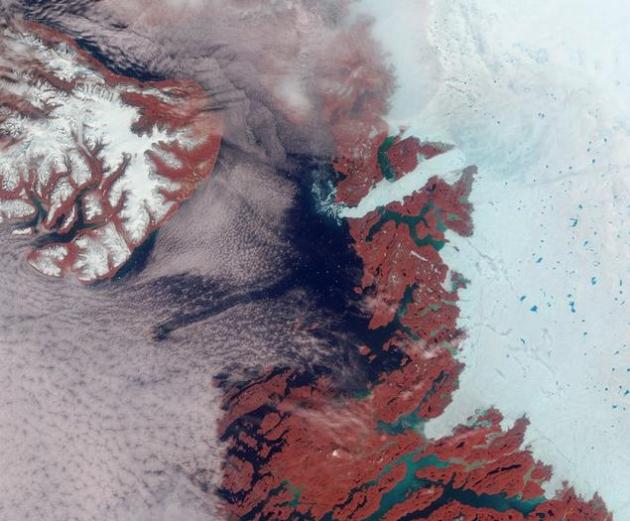
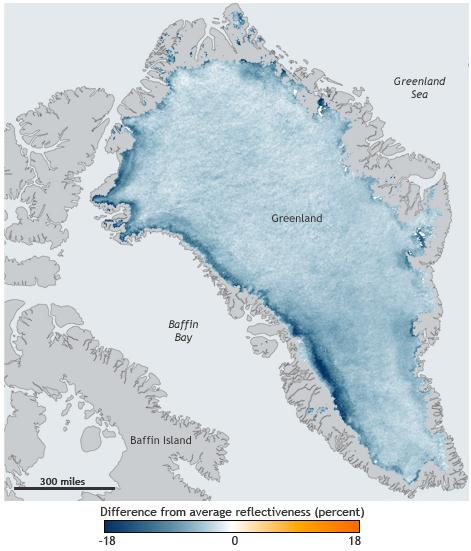
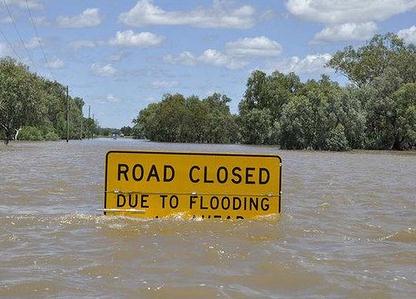

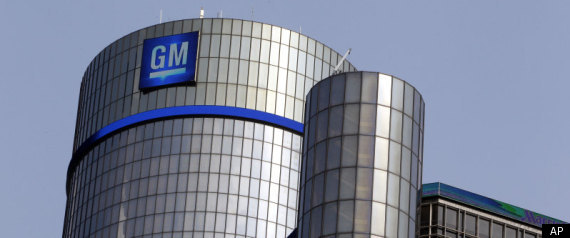
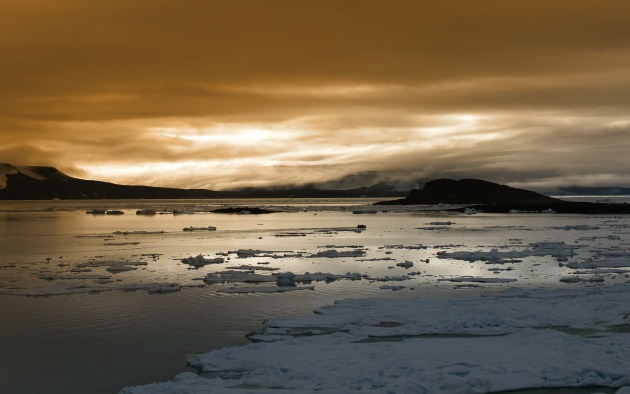
No comments:
Post a Comment